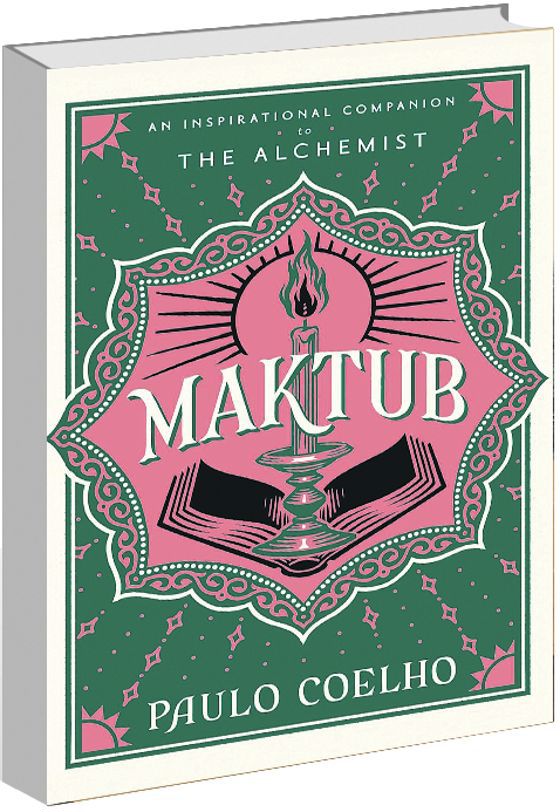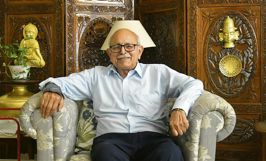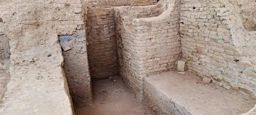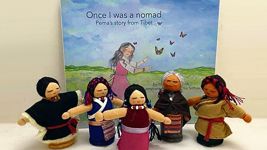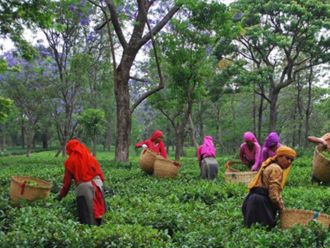Maktub by Paulo Coelho. Thorsons. Pages 205. Rs 499
Book Title:
Aradhika Sharma
THE Arabic word ‘maktub’ means ‘it is written’. It is also the title of Paulo Coelho’s book, a compilation of his columns published in Folha de São Paulo during 1993-1994, along with selected passages from his 1997 book ‘Manual of the Warrior of Light’.
Coelho describes ‘Maktub’ as “not a self-help book, but rather an exchange of experiences” that presents an excellent opportunity to reflect and find ourselves. The book is more philosophical than spiritual. The chapters include notable extracts from books and wisdom acquired from lived experiences. A large component comprises the teachings of Coelho’s Master during their 11-year association.
‘Maktub’ is filled with stories, parables and fables that reflect the author’s life experiences and teachings from his Master. It offers wisdom drawing from a variety of cultural and ethnic scenarios. Positioned as an adjunct to Coelho’s timeless and inspiring classic, ‘The Alchemist’, it presents philosophies and life lessons. While the experiences and allegories are open to interpretation, the book presents universal truths that readers can choose to accept or not.
The recurring themes in most of Coelho’s books such as ‘The Alchemist’, ‘Warrior of the Light’, ‘Brida’, ‘The Pilgrimage’, and ‘The Fifth Mountain’ are quasi-religious, philosophical and spiritual. They include the search for one’s true destiny, the journey for identity and self-actualisation, and the seeking of love and a soulmate. ‘Maktub’ follows the same pattern. However, since most of the segments are unrelated and standalone, they tend to hinder the book’s flow.
The short chapters invite readers to introspect and improve. For instance, Coelho quotes his Master: “Fear is not a sign of cowardice. It is fear that allows us to act with courage and dignity in every situation. Anyone who feels afraid but carries on undaunted is proving their courage. Someone who faces dangerous situations unaware of the danger is merely acting irresponsibly.” And, “it’s far more important to live life to the fullest and to allow time to reveal the true meaning of life. If we try too hard to find meaning, we’re not allowing nature to do its job, and we become incapable of reading God’s signs”.
The expanse of the book straddles the exotic and the ordinary. The reader is transported across the globe as Coelho traverses the Pyrenees, New York, a village called Argeles between France and Spain, Nepal and China in search of verity. Conversations between the Buddha and his disciples, Jesus and his apostles, Peter and Judas, a Spanish missionary and Aztac priests, form the framework of Coelho’s messages. The book is an easy read and offers easily digestible capsules of philosophy to the readers.






